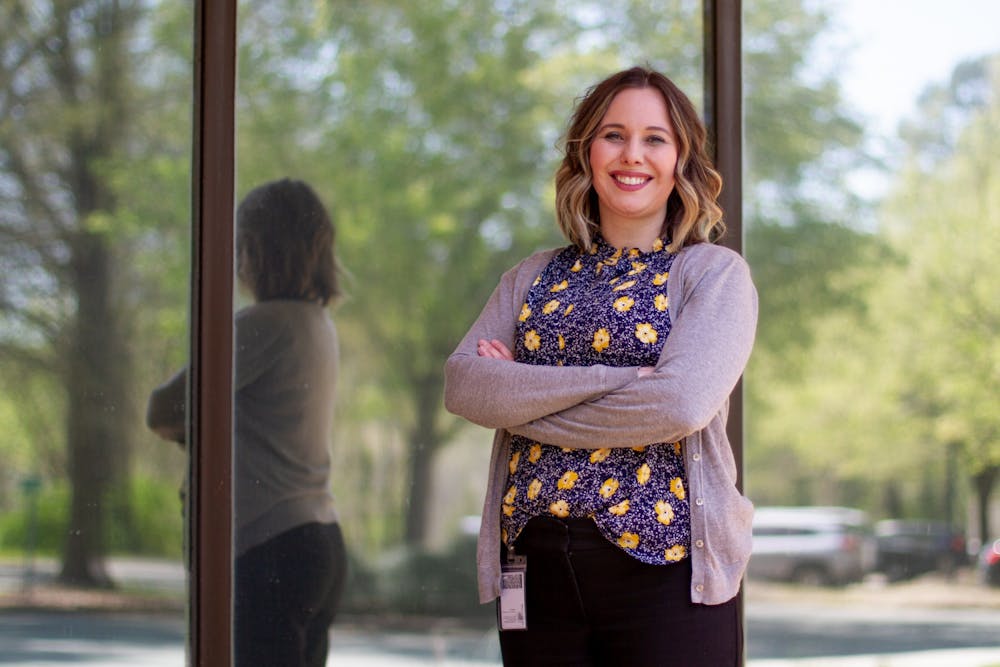On the heels of Women’s History Month, the Daily Tar Heel is spotlighting six women in Orange County’s public safety system who have helped each of their departments reform the old and create new protocols to aid the community. This is the first section of a two-part series.
These three women focus on documenting and maintaining the portions of Orange County’s public safety system dealing with community involvement and mental health.
Alicia Stemper, director of public information and special services for the Orange County Sheriff’s Office
Alicia Stemper is the director of the Orange County Sheriff’s Office Public Information and Special Services, a job that she said she has repurposed with her various skills in law enforcement, photography and writing.
During her early years in Chapel Hill, Stemper worked as a crisis counselor, then later in the magistrate’s office in Orange County. Before that, she worked for 13 years as a mitigation officer, traveling across the state for death penalty cases.
Ten years ago, Stemper was focusing on her career in law enforcement and practicing photography on the side. Now, the self-taught skill has become a crucial part of her job.
“So when Sheriff Blackwood was looking for someone who kind of spoke law enforcement — and had those skills — for me it was almost like turning the light backwards and going 'oh now I see where I was headed,'” Stemper said.
Along with her work as the public information officer for roughly two years, Stemper has adopted other working outlets, like project Vitamin O. This is a joint venture she began in 2015 with the Government and Community Relations division of Orange County to highlight the lives of residents in nearly 100 essays and various photo galleries.
The project is currently dormant, but Stemper said she hopes for more “doses” spotlighting the young, old, women, men and children of Orange County in the future.




